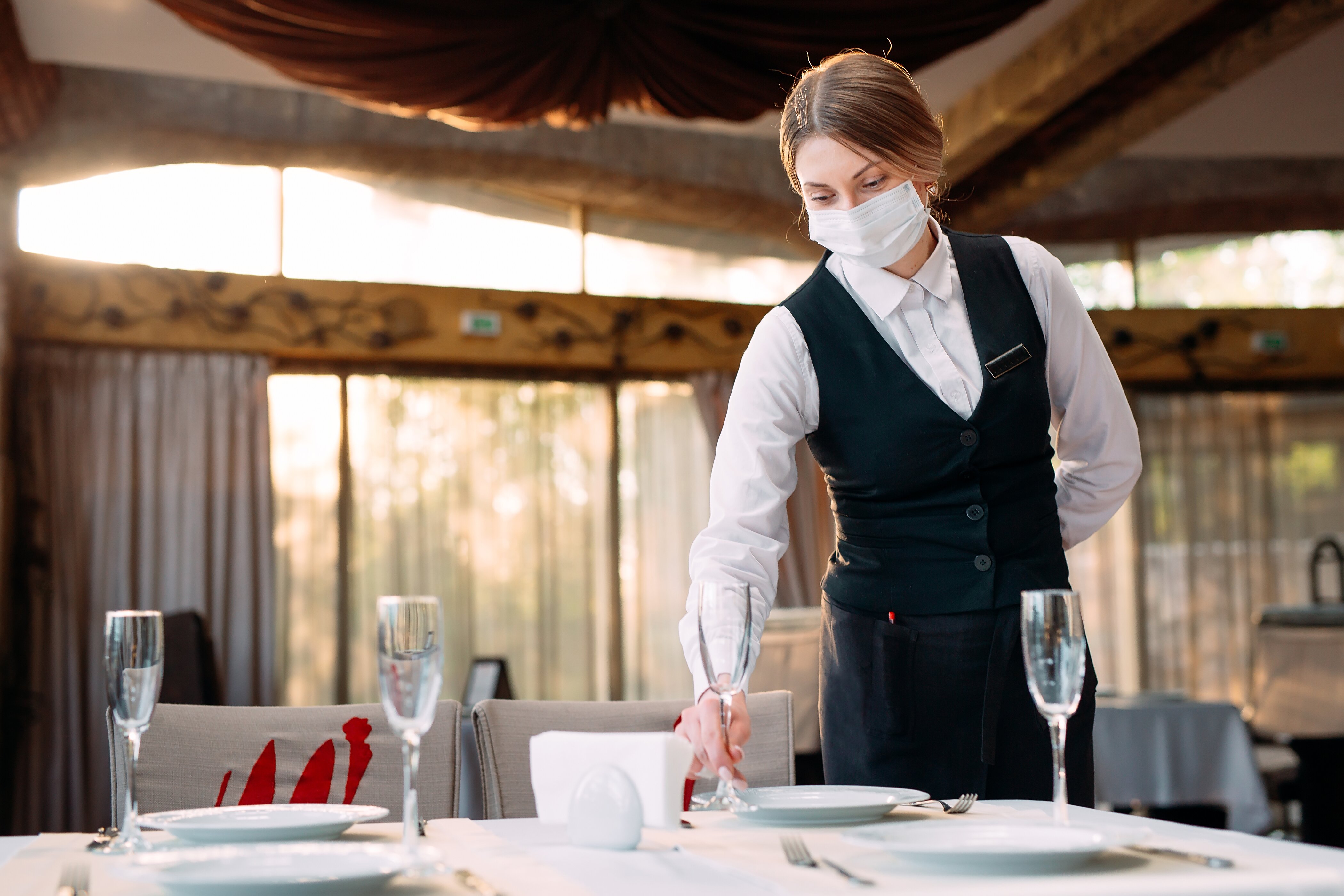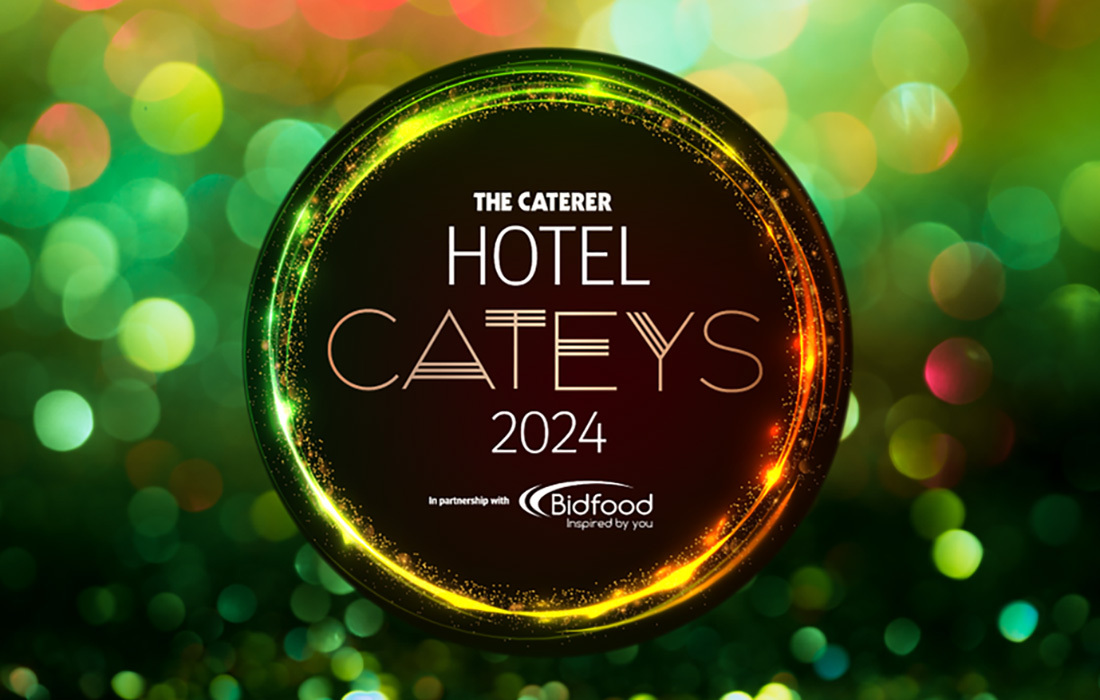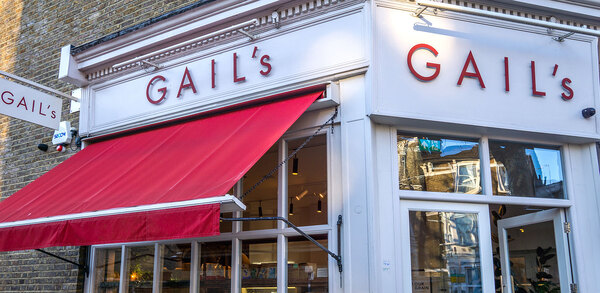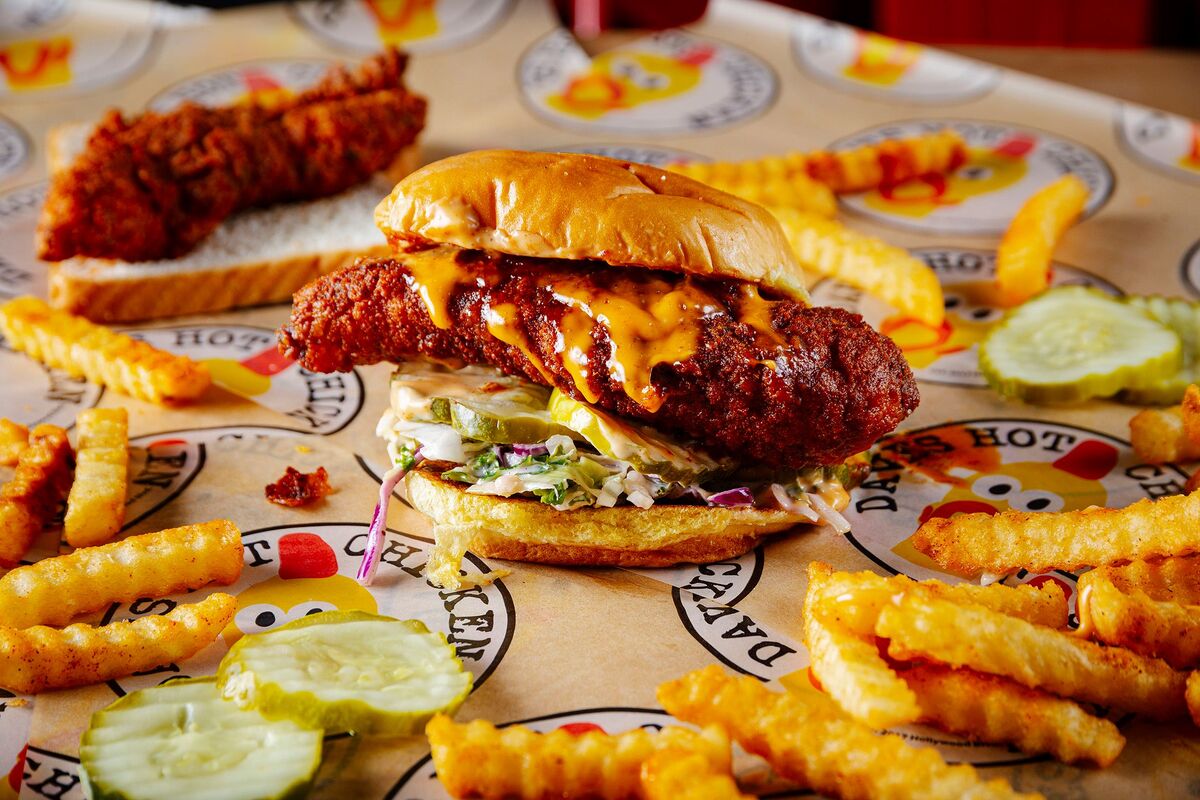How to handle resistance to restrictions from grumpy guests
Just when you think your staff have enough to cope with, here come the customers who want to sneak in a table for seven and walk around maskless. Janet Harmer finds out how to help your staff take care of the troublemakers.
In a free world, nobody likes to be told how to live their lives. But in a Covid-19 world, we all have to abide by the rules to keep everyone safe. Unfortunately, a number of people are refusing to accept the new regulations, occasionally resulting in ugly confrontations between operators and customers.
With tensions running high across all levels of society, restaurants and hotels are having to consider a new way of looking after customers and guests while working in the most challenging of environments, be it from behind a mask, ensuring bookings don’t exceed the six-person rule or shooing people out the door at the end of the night to comply with the 10pm curfew.
In recent weeks, Nant Ddu Lodge hotel and spa in Cwm Taf, Powys, has been hit hard by the increasing number of local authority areas in Wales being put into lockdown. The hotel is located in the most southerly part of Powys, just north of a cluster of difficult local authorities whose residents make up the majority of its customers, but who are currently restricted from crossing county borders. The 33-bedroom hotel has lost 95% of its business since the new restrictions came into place (even before being required to close when the country entered a ‘firebreak’ lockdown last week).
Simon Daniels, cluster general manager for Nant Ddu and sister property the 46-bedroom Cwrt Bleddyn hotel and spa in Usk, Monmouthshire, owned by Lester Hotels, says that while both hotels enjoyed a strong August, the current situation is catastrophic. “The only business we are getting now is coming from England into Wales,” he said, speaking before ‘firebreak’ lockdown was introduced.
Unfortunately, as well as facing a dramatic drop in business, Daniels and his staff are also having to contend with abusive phone calls and messages posted on social media from potential customers who dispute the address of the hotel.
“Nant Ddu is just 250 yards from the county line and is firmly in Powys, but it has a Cardiff postcode and a Merthyr Tydfil telephone number – which are both in lockdown,” says Daniels. “Cwrt Bleddyn suffers from the same problem as it has the postcode of a locked-down area – Newport – but is located in Monmouthshire. Some customers won’t accept that we legally can’t take their bookings. One guy on the phone said he had been given permission from a Welsh Assembly member to travel to us; another insisted his friends from lockdown areas have visited the hotel, but if they indeed have, it is only because they have given false home addresses. When I challenged someone and asked them to provide me with the details, I was told to ‘fuck off’. We’ve had posts on Facebook saying ‘hope your business will fail’.
“We are dealing with enough challenges without this kind of abuse. Fortunately, we’ve also had a lot of very kind, supportive messages.”
Rule breakers
Meanwhile, facemask wearing – now an integral part of daily life – is also proving problematic, with some customers oblivious that by law they now have to be worn on entry to a restaurant or hotel. A customer at Cheltenham’s GL50 restaurant complained that he wasn’t emailed in advance about having to wear a facemask.
“We have masks to buy for anyone who has forgotten to bring one, but when that guest refused, we gave him one for free and allowed him in,” says chef-proprietor Jonas Lodge.
“He moaned when we asked him to put the mask on when he went to the toilet, and he didn’t wear it on the way out. Most people are compliant, but it is difficult for us to police – we only have one front of house member of staff, as the chefs come into the restaurant to serve each dish.”
Most people are compliant, but it is difficult for us to police
Lodge is particularly frustrated by the 10pm curfew. “It creates a bottleneck with everyone leaving at the same time. We are a very relaxed restaurant and to throw everyone out onto the street at 10pm is anti-hospitable. So far, though, nobody has complained.”
The rule of six is another legislation that some customers have attempted to flout. Chef Mark Poynton’s new venture MJP@ The Shepherds in Cambridge was asked to add a seventh person to a booking, while another party wanted to book for nine.
“I was told by the person trying to book for seven that they wouldn’t tell anyone, as though that would make it OK,” says general manager Bradley Dorrington. “My response is: ‘Will you pay the £10,000 fine if we accept your booking?’”
Like GL50, the most challenging rule for MJP@The Shepherds is the 10pm curfew, which will lose the 30-cover restaurant £10,000 in income over one year. “We now take last orders at 8.15pm instead of 9pm to ensure guests are out of the door by what we call Boris O’Clock. It is tough but, whenever we can, we try to lighten the mood.”
Funny business
Humour is a method being used by many operators to help them ease their staff and customers through these tricky times and one which hospitality consultant Mary Jane (MJ) Flanagan applauds. That is just one of many tips she says will help restaurateurs and hoteliers continue to provide customers and guests with a warm welcome, despite the strict rules, and hopefully create an environment where the restrictions become secondary to the experience (see below).
She also highlights that it is more important than ever to look after staff to ensure they feel supported and comfortable about working within the current restrictions.
The Royal Air Force Club in London has worked hard at reassuring its 25,000 members by gaining VisitBritain’s We’re Good to Go Covid-secure accreditation and introducing its own At Your Ease programme of cleaning and hygiene protocols.
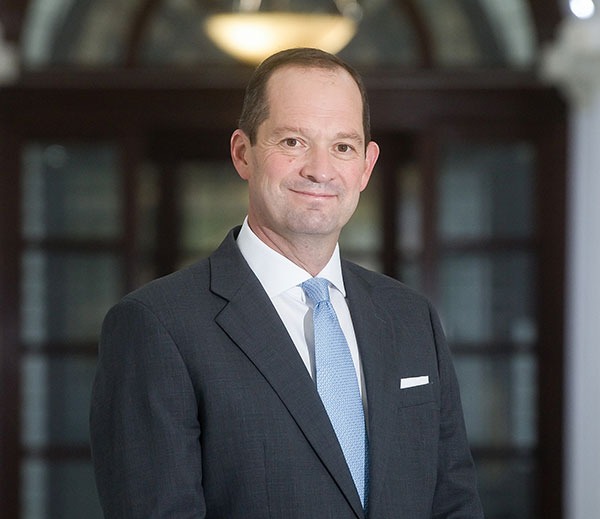
“Before they come to stay, members and guests are provided with up-to-date information online and our stringent health and safety measures are outlined via booking confirmation,” says the club’s chief executive Miles Pooley.
“This messaging is reaffirmed on arrival via our usual warm and personal welcome on entering the club, supplemented by new steps of hand gel sanitising stations, temperature checks and Track and Trace.”
Equally important, the club’s staff receive weekly HR contact, a newsletter and welfare-based information to reassure them that they are working within a Covid-safe environment.
Staff are also at the heart of the Covid-safe policy at the 359-bedroom Sea Containers London. Every team member took part in a consultation to ensure they felt comfortable about returning to the workplace. This, together with extensive online training to help employees know what to expect from the new working environment, helped prepare the team in fulfilling every element of the hotel’s We Care package (see below).
While Covid-safe measures remain a legal requirement, it is inevitable that there will be a level of anxiety among both customers and staff. Providing a personal and friendly service in such circumstances is not easy, particularly if a guest is determined to challenge the ever-changing rules.
It is important to remember that the rules are a legal government requirement that have been imposed on the hospitality industry and now have to be policed by the sector. Operators and customers are all in this together and once a business has put the necessary safety measures in place and been transparent about them, the best it can do is support and nurture its workforce, which in turn will provide the personal and friendly service customers really need right now.
Mary Jane Flanagan’s tips for creating a warm welcome

1 Make the welcome as smooth and seamless as possible
Do a ‘Covid welcome’, explaining your safety measures. Decide who is doing what, such as who greets the customer, who seats the customer at the table, who carries out temperature checks if they are being taken, and who takes the contact details.
Problems arise where restaurants haven’t got the different steps sorted and four members of staff ask the customer the same question. Develop a script and practice in team briefings, eg, “Do you mind that we take your temperature to keep everyone, including you, safe?” Don’t provide a list of guest regulations on a piece of paper – no one reads them and it spoils the welcome.
2 Dealing with rude customers
Staff have enough to contend with without dealing with rude guests. Any problems should be dealt with by the manager. If a waiter gets involved, other tables will be neglected. As well as dealing with any complaints, the manager – or Covid warrior – should identify any problems before they happen. For instance, check the bookings and work out how the restaurant is going to deal with a multiple number of parties of six arriving at the same time (this shouldn’t happen, but if it does, it needs to be dealt with). Read the body language of guests and identify one person on each table, particularly on tables of six, and make an introduction so that if any problems occur later, there will already be a personal connection.
If a problem does arise and a guest tries to flout the rules, explain that if the business does not abide by the rules, it will lose its licence.
3 Use humour and common sense to help anxious customers
Look out for anyone who looks uncomfortable and perhaps move them to a more remote part of the room if available. Use humour where appropriate and keep smiling – customers can see it in your eyes.
###4 Don’t miss team briefings
Team briefings are more important than ever before – don’t let them fall by the wayside because of all the additional pressures on the business. It is an opportunity to confirm what everyone is doing, practice key phrases and support one another.
###5 Be efficient
If the service overruns and guests are expected to leave by 10pm, they may not pay. Introduce an earlier start time for evening service. If you take a booking at 8.30pm, say it might not be possible to serve three courses, but you will serve the best two courses you possibly can.
Make sure staff are on top of serving alcohol and put the first drink on the table within 10 minutes of the customer sitting down. Maximise the time the business is open by up-serving, which could help pay the staff wages.
###6 Staff cleanliness
Staff seen to be sanitising their hands will give confidence to customers.
###7 Thank guests and invite them back
It is a very powerful thing to be thanked. Saying “Thank you for choosing us and please come back” will leave an imprint on the customer’s mind.
Mary Jane Flanagan is founder of MJ Inspire
MJ Flanagan’s tips for supporting staff
1 Fresh air breaks
These are essential – wearing a mask for long periods of time is hot and claustrophobic and reduces the opportunity to stay hydrated. Engage with staff in working out how frequently breaks should take place and how they should be managed, as time out will have to be covered by colleagues.
###2 Take care of hands and faces
Hand sanitisers dry out hands and masks create facial skin problems. Provide good quality E45 cream for moisturising, readily available in the staff toilets.
###3 Show care and compassion
It is not easy for staff to provide excellent service if they are feeling scared. Acknowledge how difficult it is and ask what they need to support them. Thank them regularly for what they are doing.
###4 Mental health support
Hospitality Action and Mind provide free training to help businesses support staff in managing their mental health. While most large companies will have mental health first aiders, small operations might not, but it is important to give the role to a team member who is not the owner or manager.
###5 Show care for redundant staff
Staff may feel guilty and upset about colleagues who have lost their jobs, or feel stressed about working their socks off while others have been furloughed. Give them the space to talk. Handle any redundancies with compassion, as how you treat the people who have lost their jobs will affect the team members who are staying. Help staff who have lost their jobs to find new positions, using support networks such as CareerScope (www.careerscope.uk.net) or the free Job Seekers ToolKit (www.mjinspire.com).
##‘We Care’ at Sea Containers London
Jon Dawson, the recently appointed director of people development at Lore Group, which manages and operates Sea Containers London, says that general manager Sergio Leandro and his team have done an outstanding job in making the hotel a welcome place despite the plethora of rules.

“This is down to the preparation in ensuring guests are fully aware of what to expect before they arrive, through the hotel’s We Care page on its website, and by helping them be comfortable and safe when on property,” he says.
“The message we are giving our guests is not just that they need to comply with regulations, but that we are here to deliver the same warmth of service that they have come to expect. The team care and want the guest experience to be the best and safest that it can be. They are all trained hospitality professionals, not just rule enforcers.”
The team care and want the guest experience to be the best and safest that it can be
The new way of operating was disseminated to staff in online training prior to their return to the hotel following lockdown. “Sergio and his team really took the time from the beginning to ensure there is thoughtfulness and care behind their approach to the guest experience,” says Dawson.
“Re-imagining the guest journey has been a labour of love for everyone. Communication has been key to its success, with every touchpoint carefully scripted – including pre-arrival emails and a new hotel app. The hotel also has branded signage on-site that includes digital technology to make the process safe and easy, such as QR codes, contactless ordering and pre-check-in through the app.
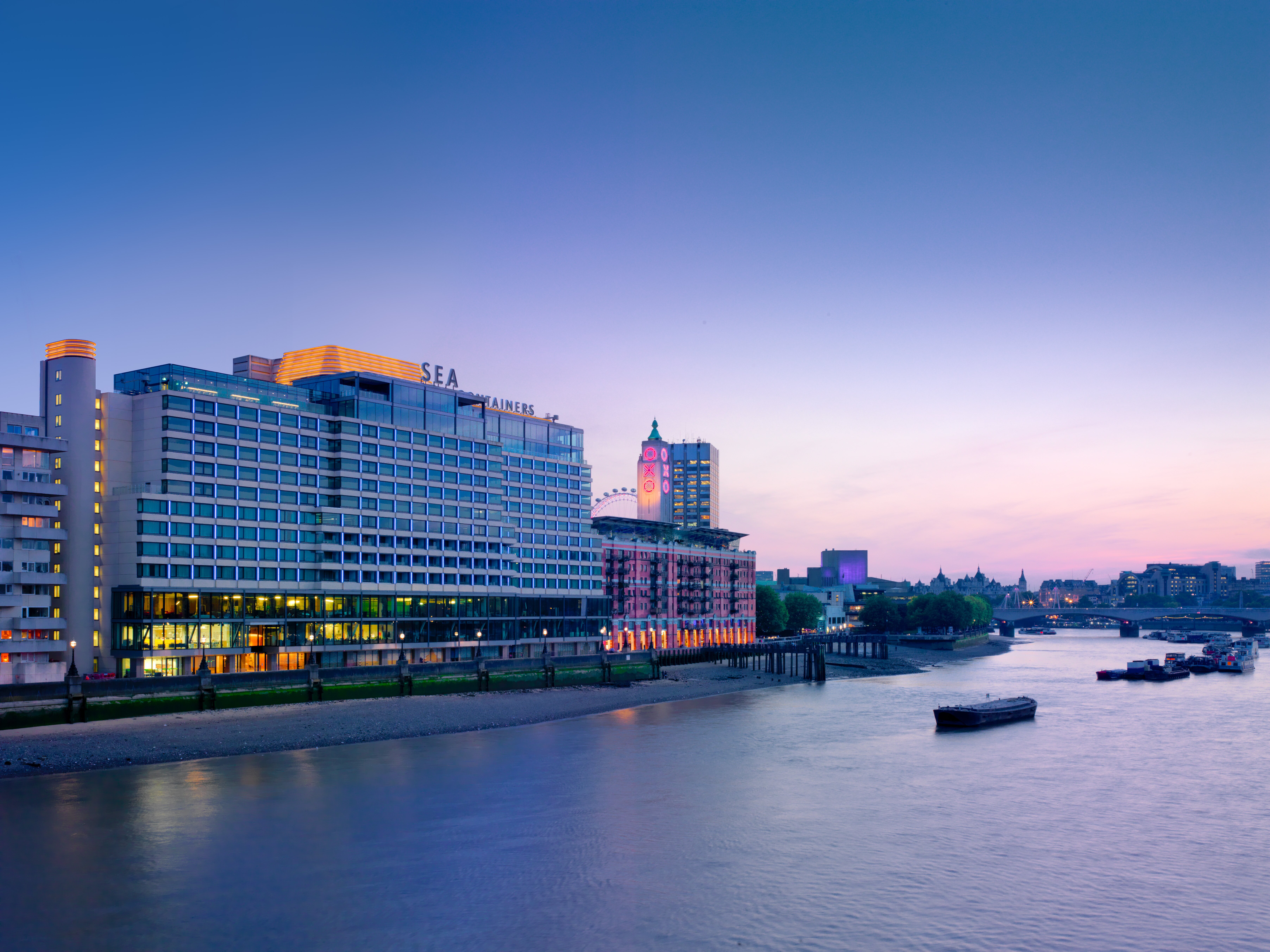
“The staff have walked the customer journey to create a seamless experience for guests, with one member of staff taking the temperature of guests on arrival, the host taking contact details, another member of the team walking the guest to the table,” says Dawson.
He adds that being gracious is one of the key values of Sea Containers. “It is something the hotel encourages everyone to keep in mind during these challenging times.”
Sea Containers is currently operating with its restaurant, Lyaness bar and Agua spa open, but its 12th Knot bar and events space remain closed.



